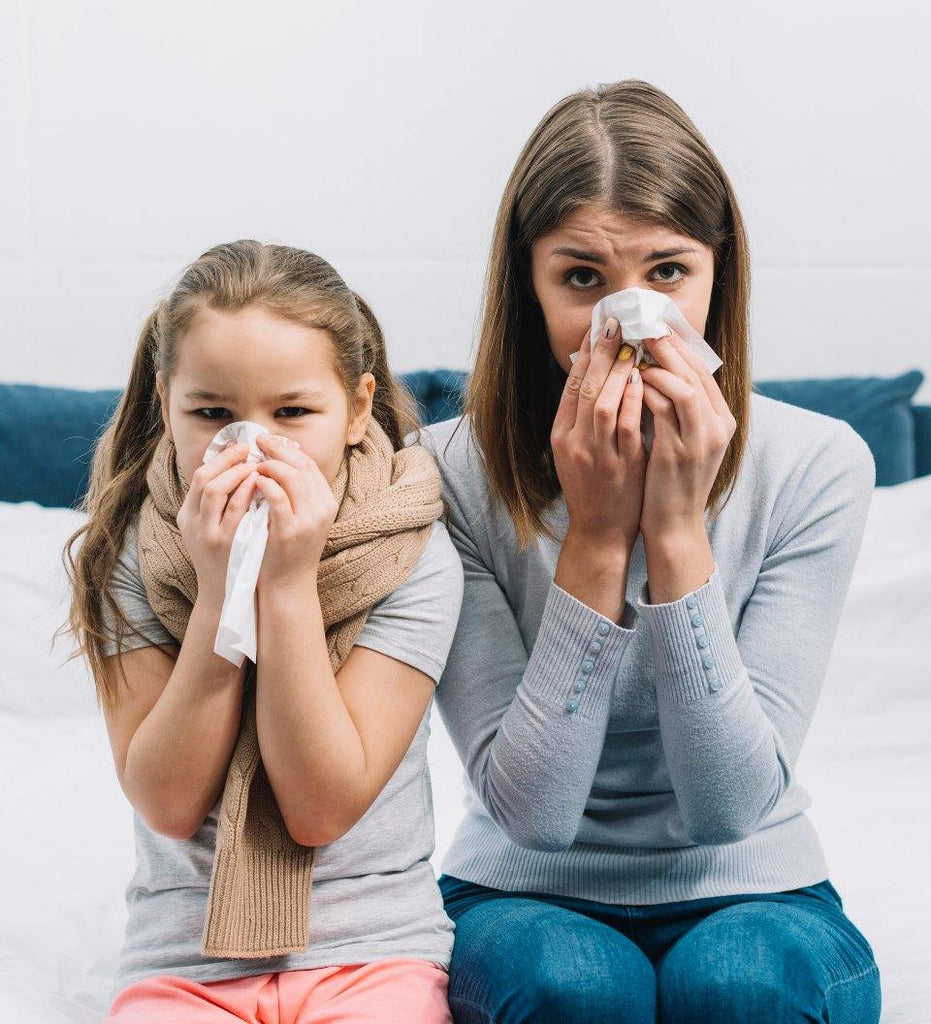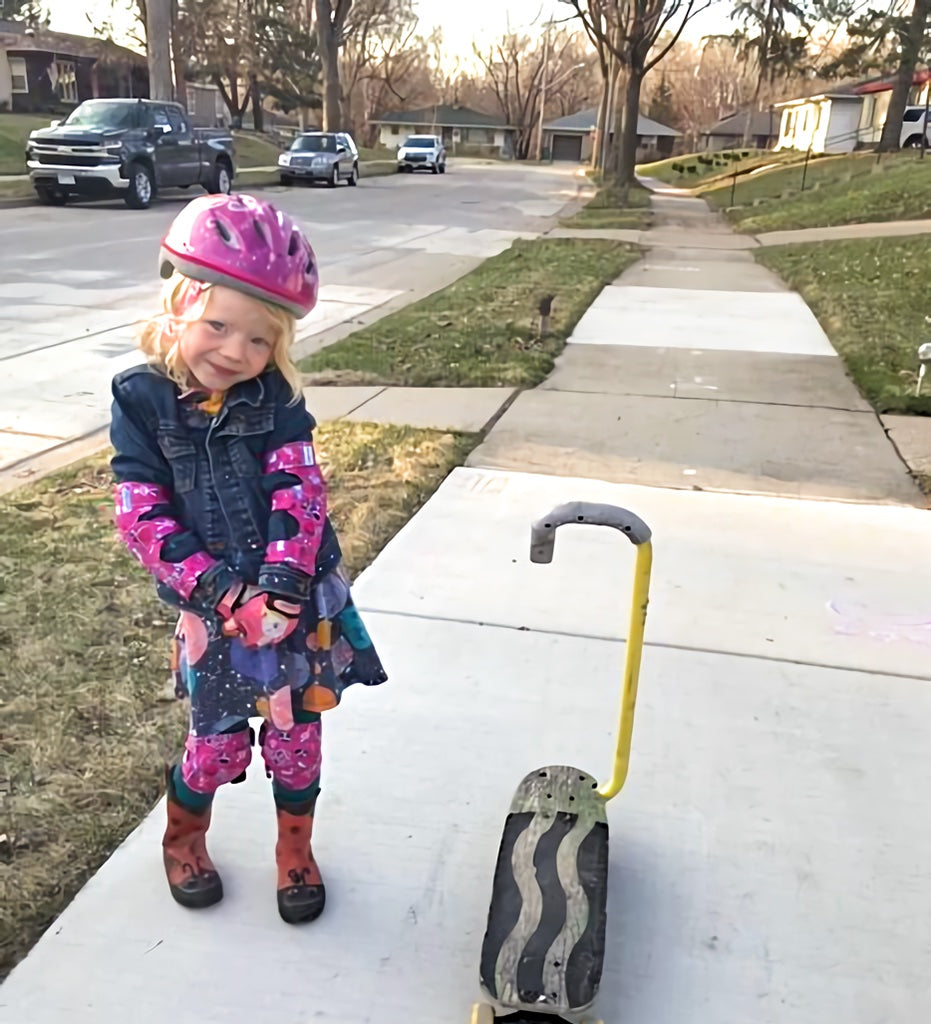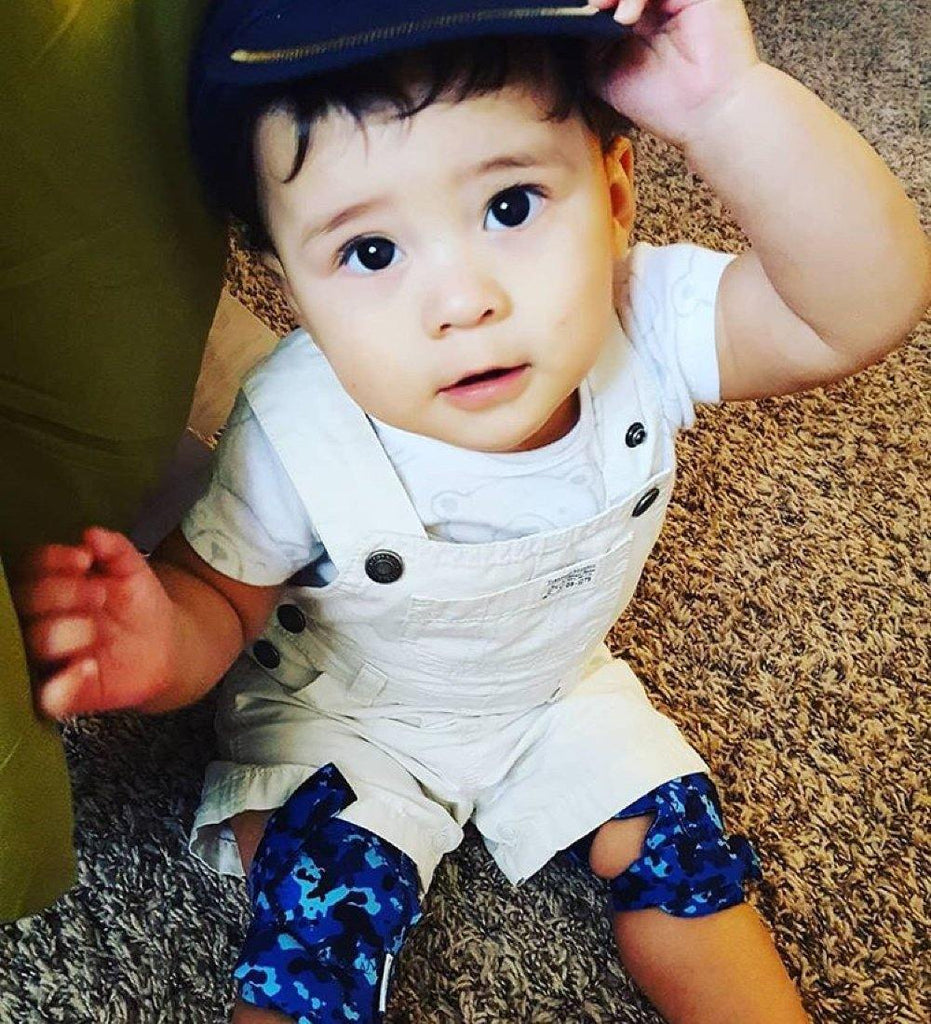
Does My Child Have Food Allergies? Here’s What You Need to Know.

You might have taken your child to a doctor for a mysterious itchy rash or a runny nose that doesn’t go away. Maybe you have also noticed a sudden swelling of lips or hives in your child that warranted a trip to the ER.
If these happened after eating certain foods, there’s a big chance that your child has food allergies.
What Happens When Your Child Has Food Allergies?
A child who has a food allergy has an overactive immune system that produces antibodies to certain types of food that it sees as a harmful invader. This response is what causes the symptoms like itching, runny nose, stomach pain, wheezing, and other skin, gastrointestinal, respiratory, or cardiovascular reactions.
It’s a common condition affecting as many as 1 in 3 children in the US. Worldwide, 8% of children have a food allergy.
The top 8 foods that trigger an allergic reaction in children are:
- Cow’s milk
- Peanuts
- Soy
- Egg
- Wheat
- Tree Nuts
- Shellfish
- Fish
An allergic reaction can be mild to severe. In some cases, it can trigger a life-threatening reaction called anaphylaxis, where the symptoms are so severe and involve more than one organ system.
How to Know If Your Child Has Food Allergies
You can spot food allergy symptoms on the skin, eyes, and mouth. You may notice itching, swelling, and redness in these areas.
The organ systems that are often affected by food allergies are the respiratory, gastrointestinal, and cardiovascular systems. Symptoms of an allergic reaction in these organs are shortness of breath, chest tightness, rapid heartbeat, dizziness, diarrhea, nausea, reflux, and vomiting.
Symptoms of food allergies in children may start to appear as soon as they start eating solid foods. If you suspect that your child has food allergies, it is best to bring him to an allergist who can help diagnose your child’s symptoms. Take note of all the possible food that your child has eaten or has come into contact with before experiencing the symptoms above because this information will help the allergist diagnose and treat your child’s food allergies.
The doctor will ask you about your child’s symptoms, your family’s history of allergies, asthma, and eczema, how often these symptoms show up, and the time it takes between eating a specific food and experiencing the symptoms.
Along with your observation of symptoms, the doctor may perform allergy tests to diagnose a food allergy. This may be a blood test or a skin prick test to look for antibodies that are produced by the body when exposed to food allergens.
Can My Child’s Food Allergy Be Treated?
There is no cure for food allergies yet. But the good news is most food allergies can be outgrown. Sixty percent of children will outgrow their milk, egg, wheat, and soy allergies and 20 percent will outgrow their peanut allergy, according to the American College of Allergy, Asthma, & Immunology.

How to Manage Food Allergies in Children
- Avoid the allergen.
The best way to manage food allergies in children is avoidance of known triggers. Avoid the food that produces allergic reactions and all other foods that contain it.
- Learn to read food labels.
Avoiding allergens also means you need to learn how to read food labels for your child’s safety.
For example, if your child is allergic to cow’s milk, then you need to check the ingredients and look for hidden milk products like butter or cheese flavoring, casein, curd, hydrolysates, or whey. Check this guide to avoid hidden allergens in food.
- Always have the antihistamine medications prescribed by your child’s allergist on hand.
It’s also a good practice to always bring an antihistamine with you that your child can take when mild allergy symptoms occur. Ask your doctor for the correct dosage.
If your child has a history of severe allergic reactions like chest tightness or trouble breathing, you may need an epinephrine auto-injector in case of an emergency.
comments ( 18 )
buy cialis online I ve scrolled through all though, and can t find anything that addresses my current issue of getting a pill into my pup pup s cheek, so it will dissolve
If you like delicious food and recipes you can visit my website and get new info.










gCGAkzwXJQKfmMPO